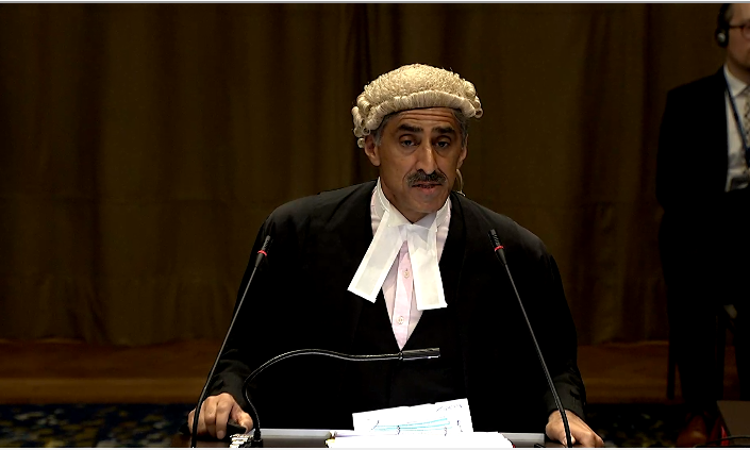On the fourth day of hearing of Kulbhushan Jadhav's case in the International Court of Justice (ICJ) at The Hague, Pakistan submitted its closing arguments.Referring to arguments advanced for India by Harish Salve, Khawar Qureshi for Pakistan said that India did not make any substantive arguments, and failed to "respond to evidence"."India persists in contumelious conduct. India fails to...

